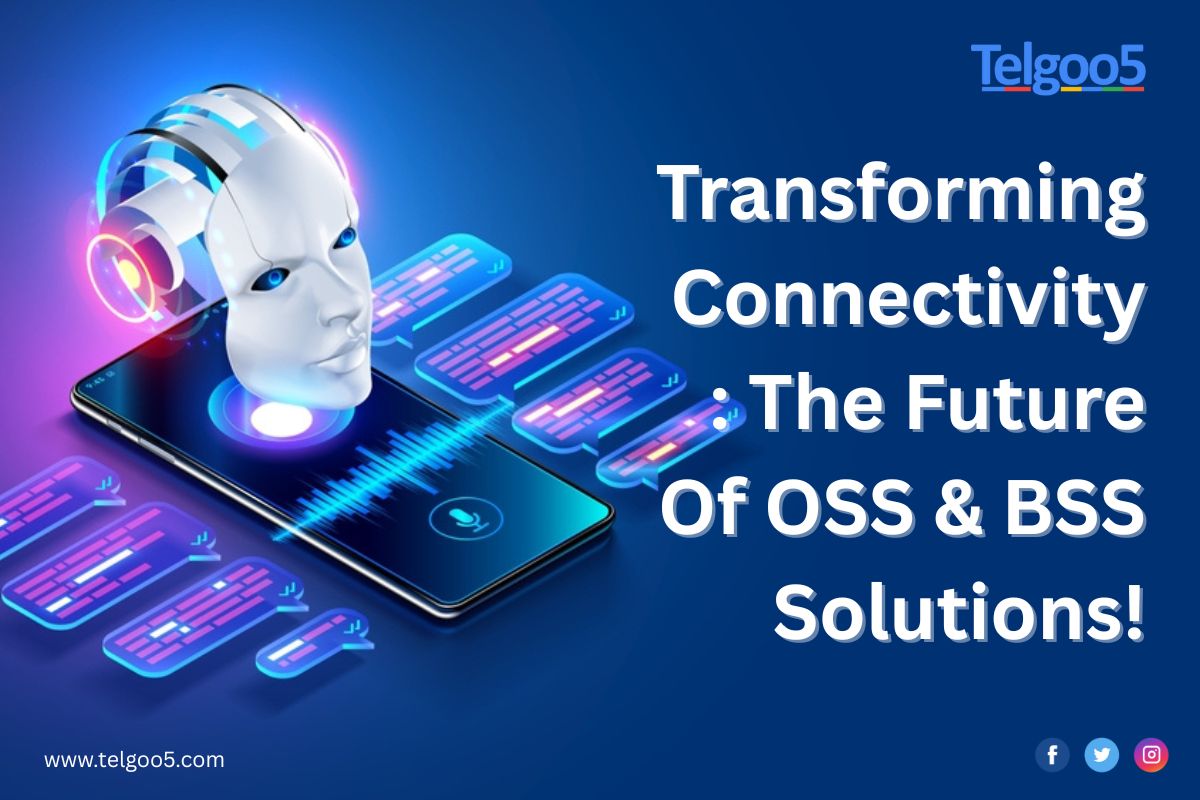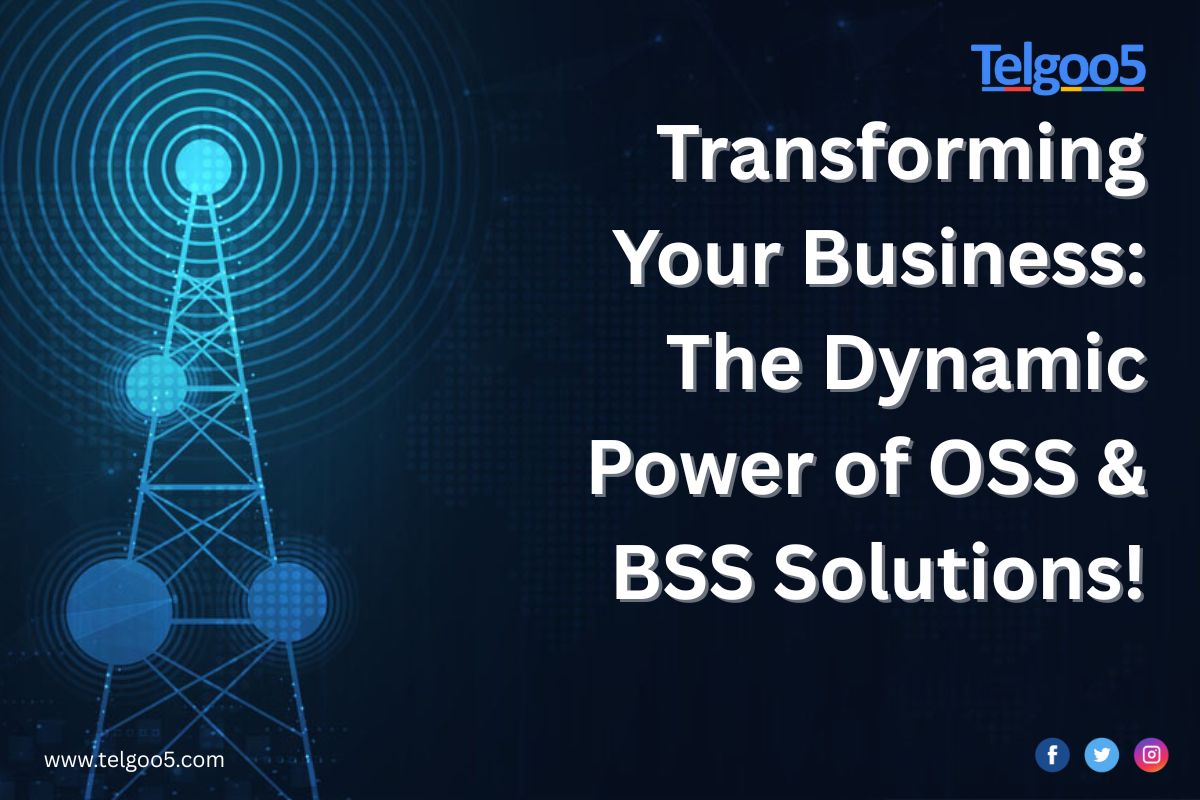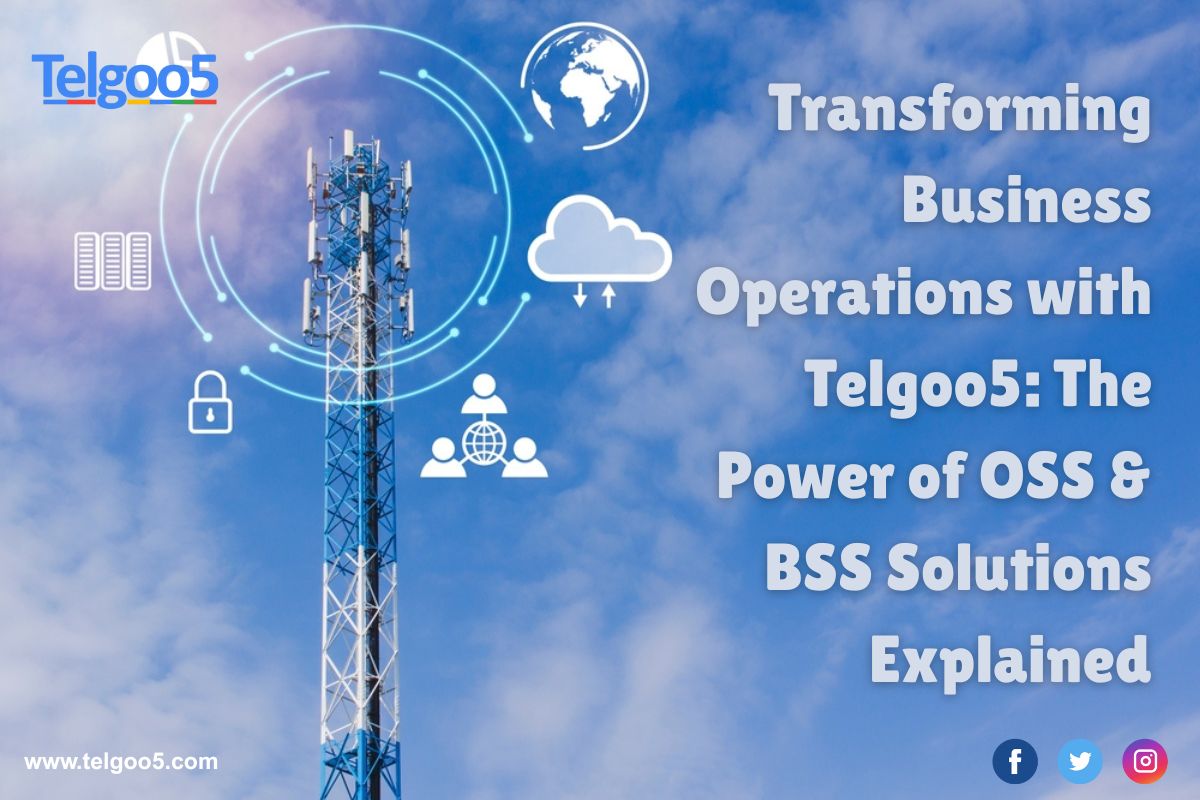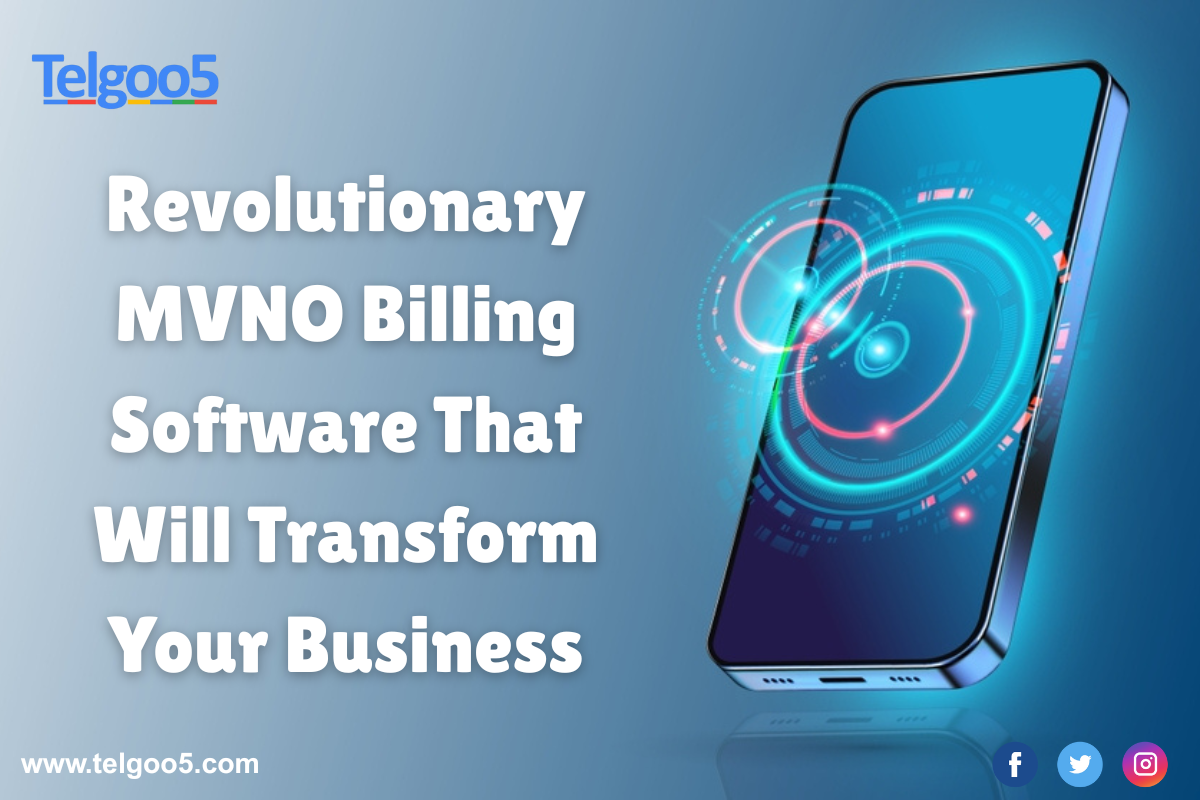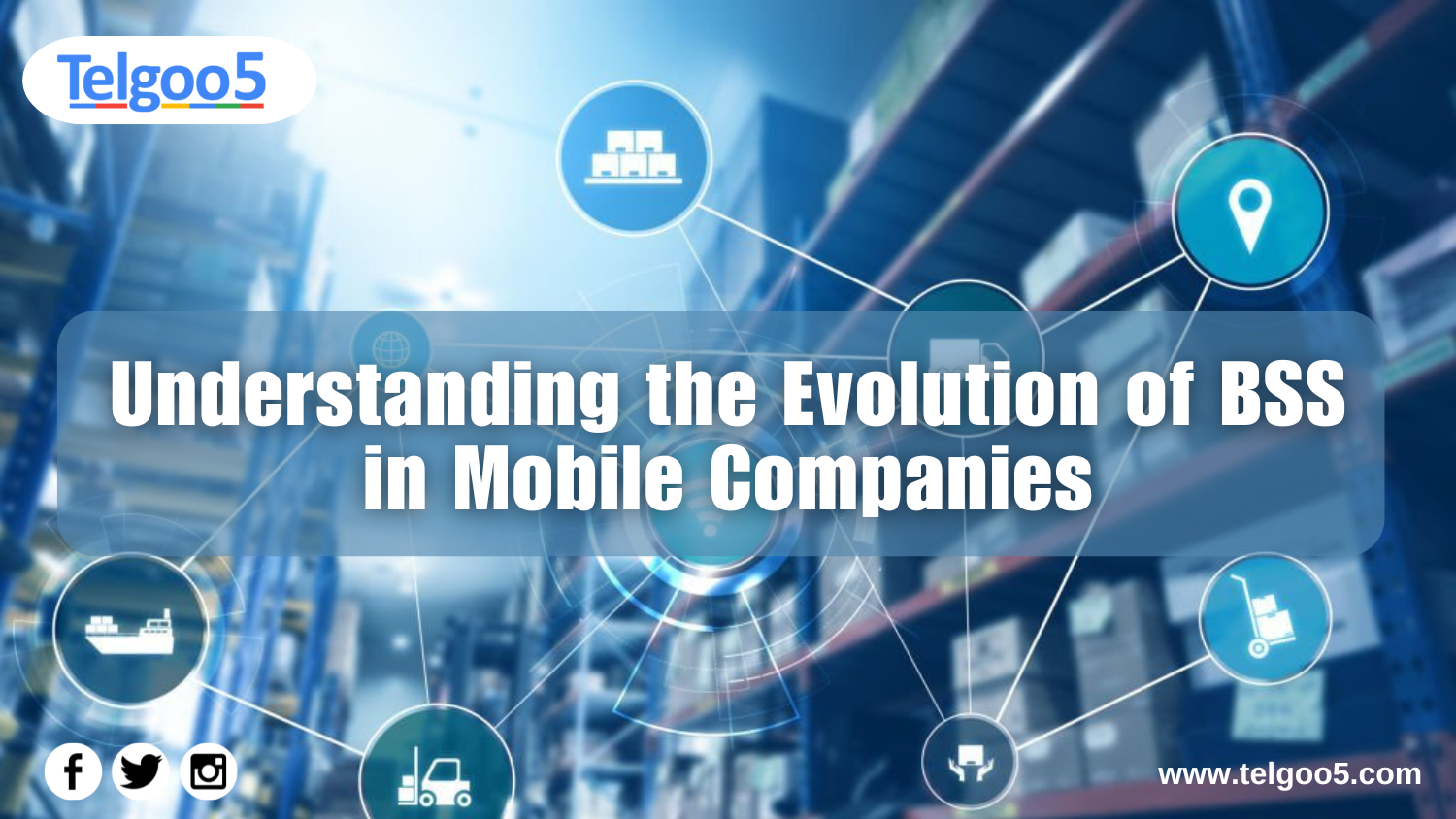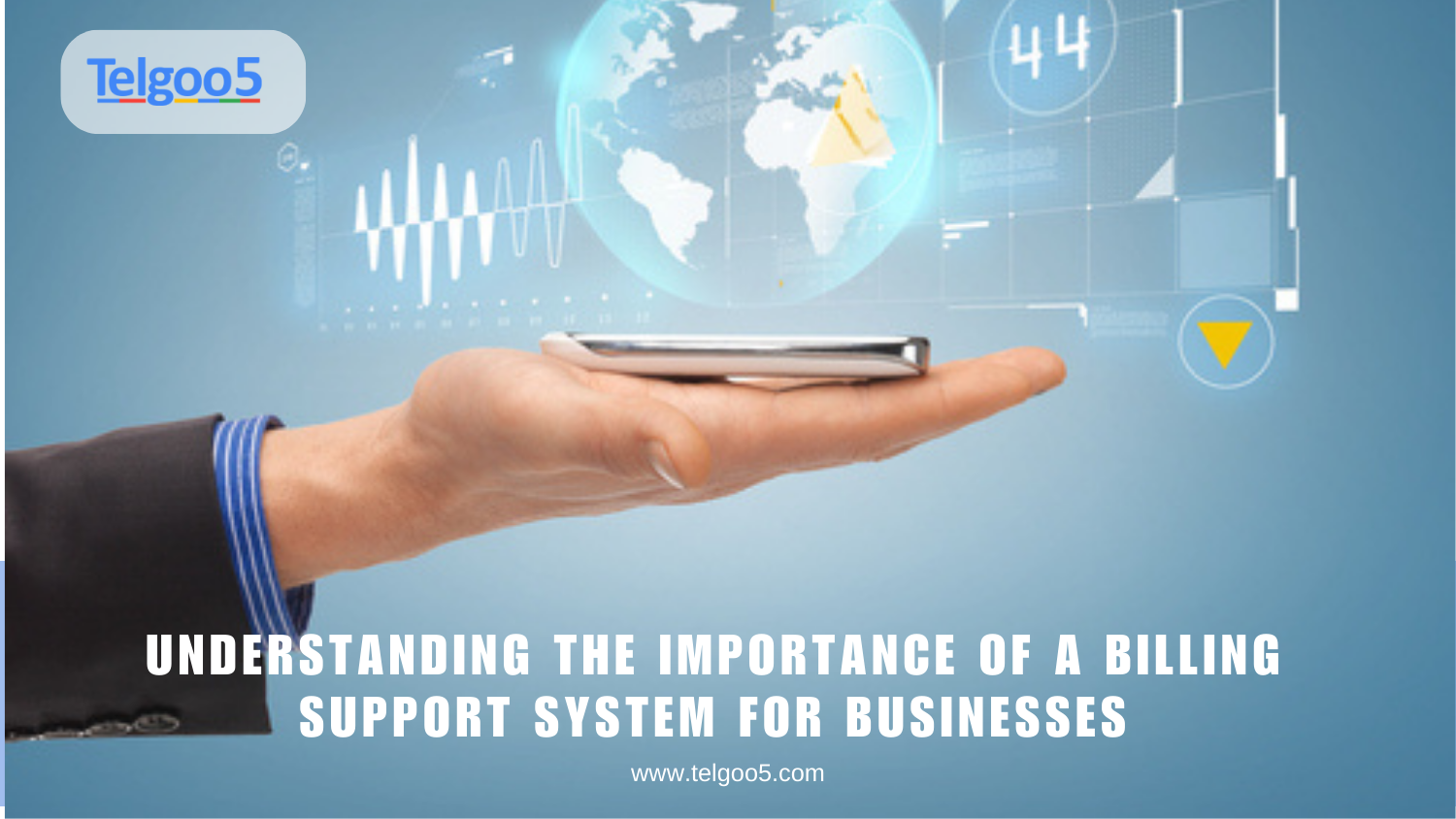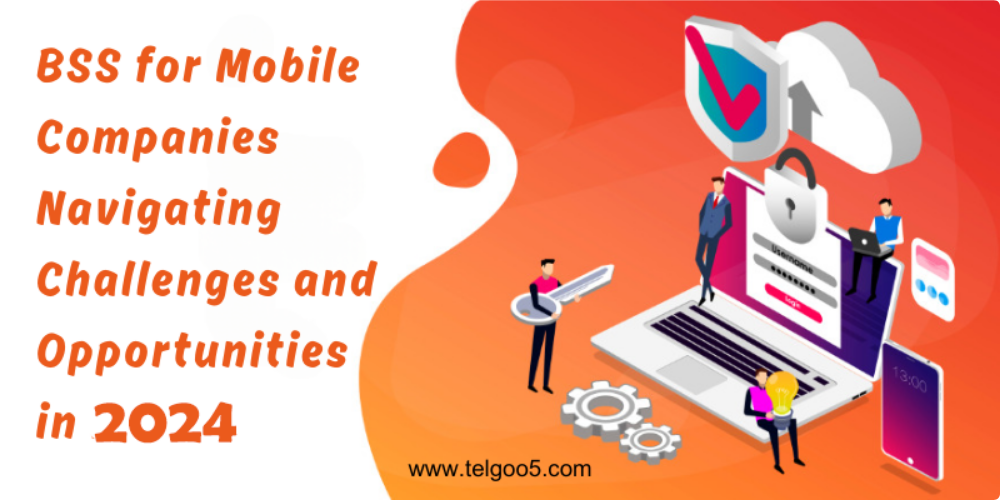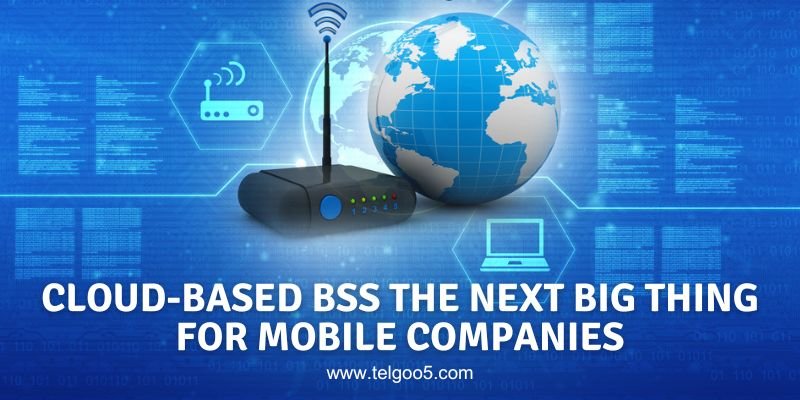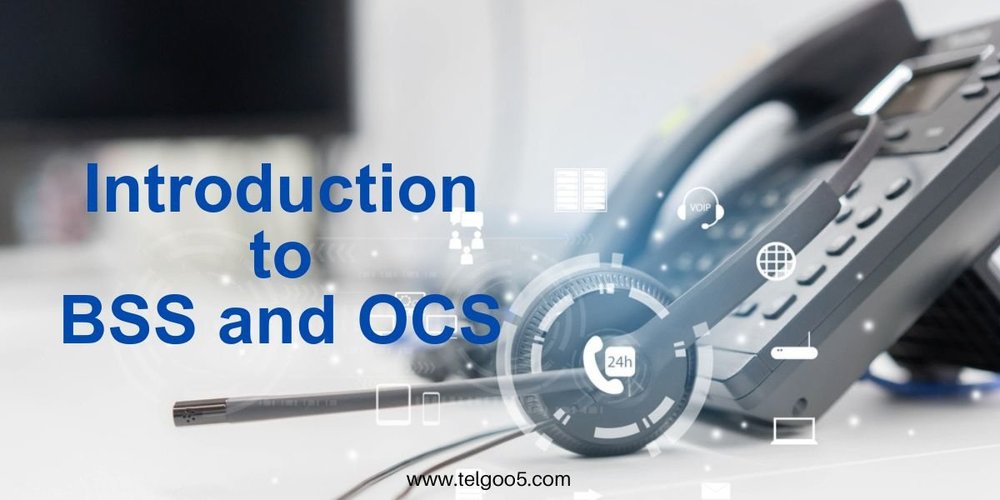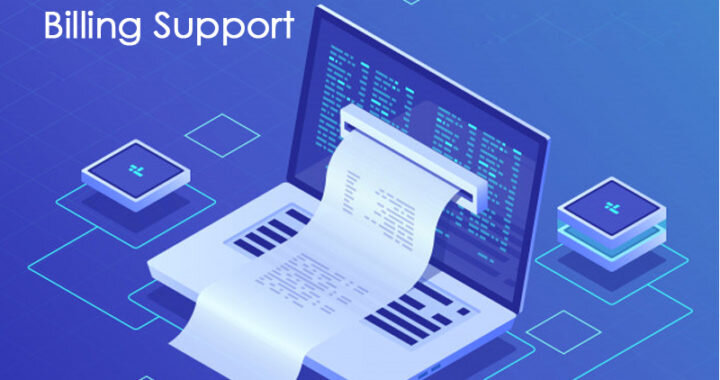Business Support Systems
Find the right business support systems to enhance efficiency and drive growth for your telecom or digital service business.
Contact us today to get a consultation!
Send us a message to get answers to any of your questions & we'll get back to you within 24-48 hours or as soon as possible.

